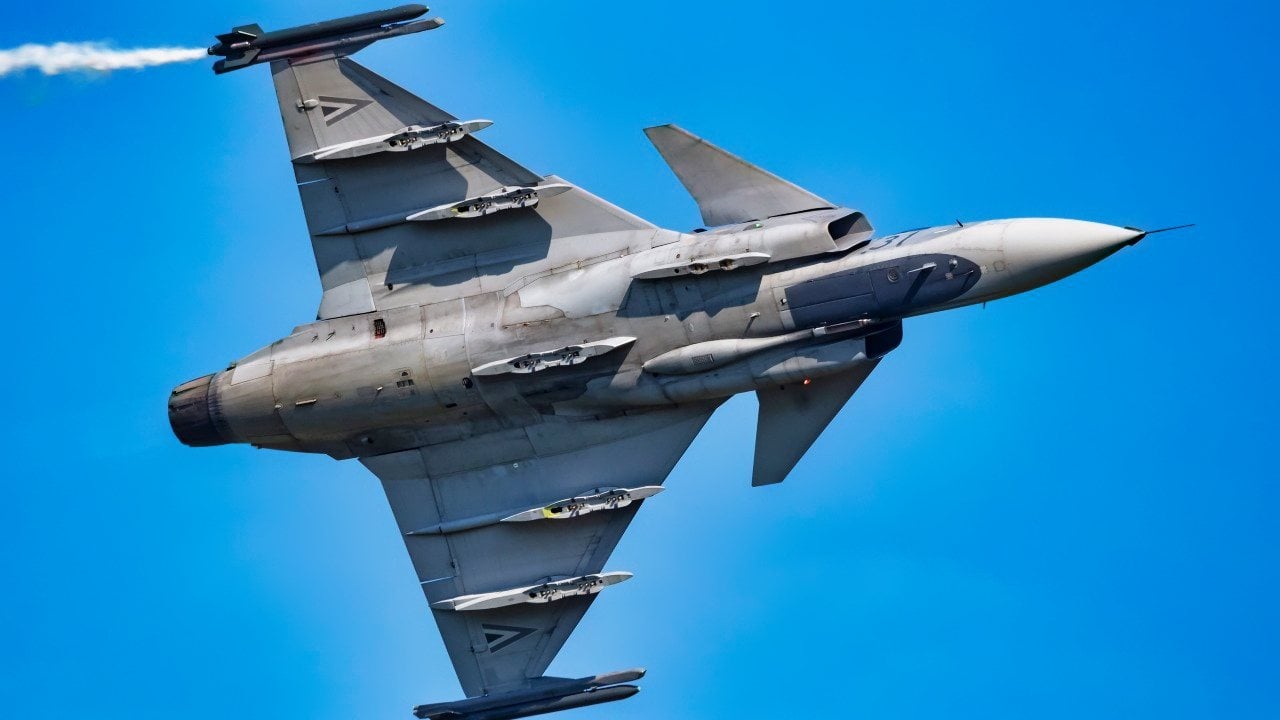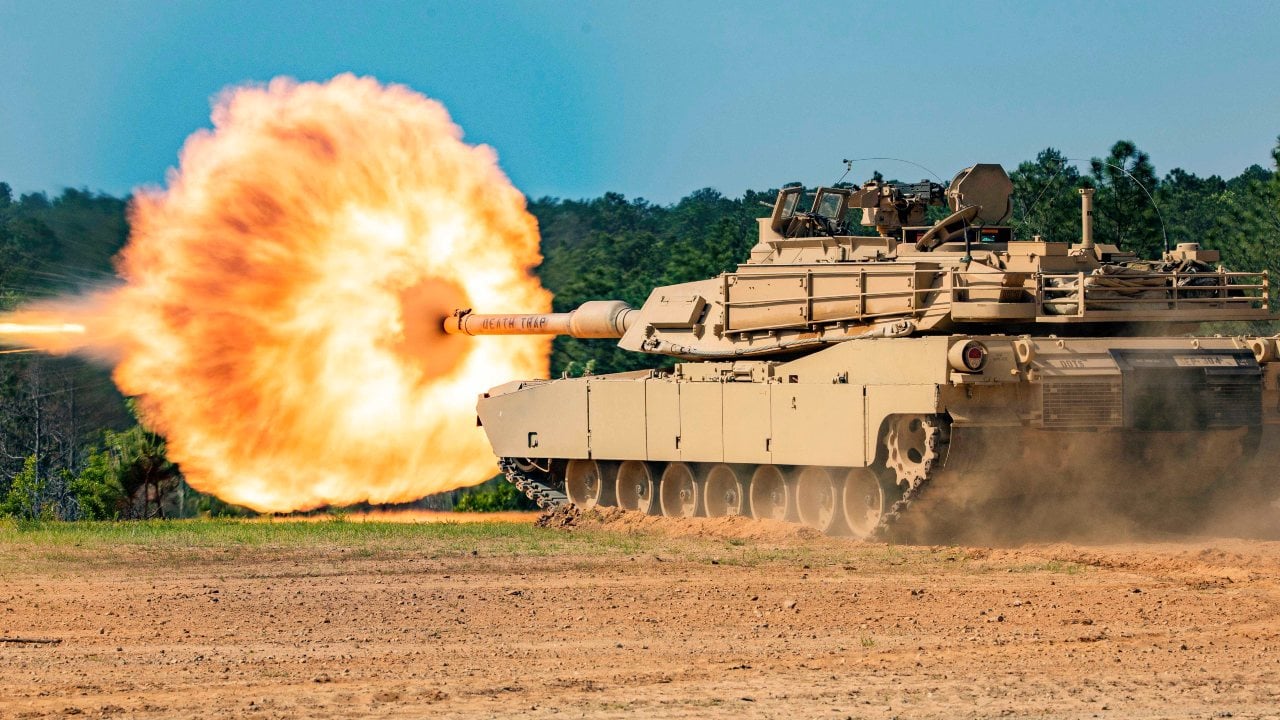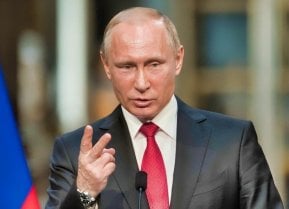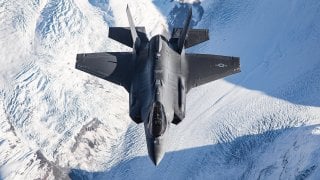NATO Is Spending Billions To Become an Even Bigger Military Powerhouse
For the first time since the end of the Cold War, Germany will hit its NATO budget goal. Spurred on by Russia's unprovoked invasion of Ukraine nearly two years ago, Berlin announced that it would meet the NATO defense spending target of 2% of its gross domestic product (GDP).
Trump and Putin Should Take Notice – Germany Will Hit NATO Budget Goal, So Will 18 Other Countries: For the first time since the end of the Cold War, Germany will hit its NATO budget goal. Spurred on by Russia's unprovoked invasion of Ukraine nearly two years ago, Berlin announced that it would meet the NATO defense spending target of 2% of its gross domestic product (GDP).
According to the German news agency DPA, the reported allocation for defense spending will reach $73.41 billion – or 2.01% of Germany's GDP. That is a marked increase of the 1.57% of GDP that Germany spent in 2023. Germany is far from alone among the NATO members that have reached the spending quotas.
"Last year saw an unprecedented rise of 11% across European Allies and Canada. This year, I expect 18 Allies to spend 2% of their GDP on defense," NATO Secretary-General Jens Stoltenberg said during a press conference on Wednesday. "That is another record number. And a six-fold increase from 2014, when only 3 Allies met the target.
In 2024, NATO Allies in Europe will invest a combined total of 380 billion U.S. dollars in defense."
This comes less than a week after former President Donald Trump said during a rally in South Carolina that some U.S. allies weren't paying enough when it came to their national defense obligations. He told how he said as president to an unnamed ally, "You didn't pay? You're delinquent? No, I would not protect you. In fact, I would encourage them to do whatever the hell they want. You gotta pay. You gotta pay your bills.'"
It is not clear when Trump made those comments – and there is speculation it was pure hyperbole and never actually occurred. However, it should be noted that in 2023, 11 NATO allies were expected to have met the 2% target according to prior estimates and that included Poland, the U.S., Greece, Estonia, Lithuania, Finland, Romania, Hungary, Latvia, Britain and Slovakia. Some of the countries that would most likely be invaded by Russia have already met the spending goals.
Moreover, other than Luxembourg, every other NATO member is well over 1% of its GDP and several nations are very close to the 2% mark. Not included however was Finland, which only joined NATO last year and is expected to increase its defense spending to 2.3% of its GDP.
NATO Defense Spending to Increase
The other nations will likely be increasingly motivated to reach the goals – and not just because of Trump's recent comments. Russia's invasion of Ukraine has been seen as the biggest motivating factor.
It should also be noted that while the North Atlantic Treaty Organization was created in 1949 to provide collective security against the Soviet Union, it was only after Russia's illegal annexation of Crimea in 2014 that NATO's heads of state and government agreed to spend 2% of their GDP on defense by 2024.

It looks like more NATO members will reach that goal this year and the rest will face pressure to so.
"Every capital neglecting its commitment and failing to meet the spending floor this year has some serious explaining to do," Brad Bowman, senior director of the Center on Military and Political Power at the Foundation for Defense of Democracies, told Voice of America. "We are witnessing the worst invasion in Europe since World War II. What the heck are those remaining governments waiting for?"
And About Luxembourg
Luxembourg's defense spending has been in the spotlight before. At last year's NATO summit in Vilnius, an exception was made for Luxembourg – in which the Grand Duchy would employ Gross National Income as the benchmark for spending instead of Gross Domestic Product.

In December, Luxembourg's Prime Minister Luc Frieden announced that a plan would be drawn up to increase the country's defense efforts within the European Union, as well as within NATO. The country is on track to reach 2% of GDP in the medium term.
Author Experience and Expertise: Peter Suciu
Peter Suciu is a Michigan-based writer. He has contributed to more than four dozen magazines, newspapers, and websites with over 3,200 published pieces over a twenty-year career in journalism. He regularly writes about military hardware, firearms history, cybersecurity, politics, and international affairs. Peter is also a Contributing Writer for Forbes and Clearance Jobs. You can follow him on Twitter: @PeterSuciu. You can email the author: [email protected].


